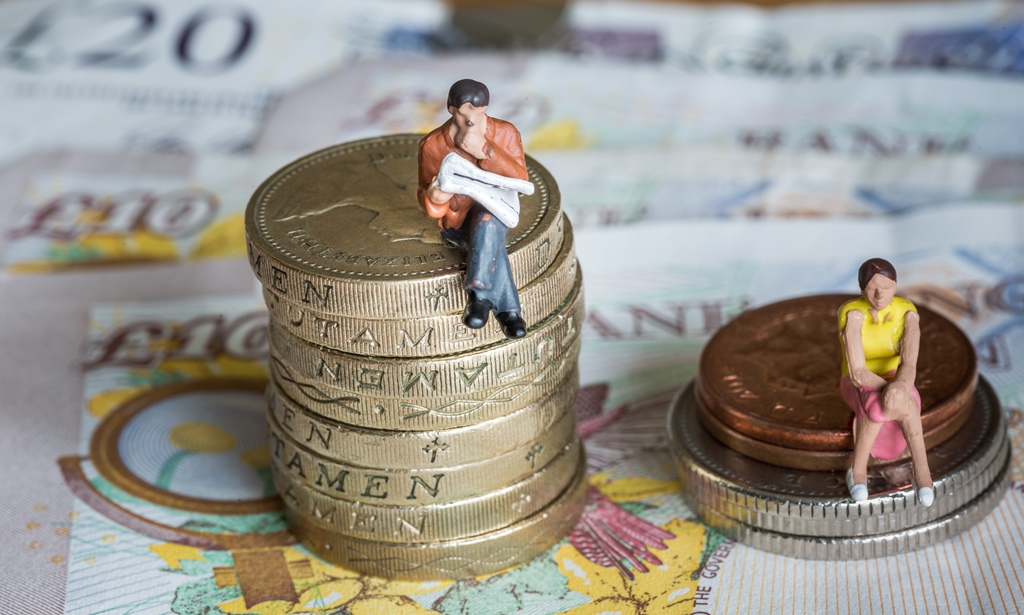The role of civil society in pushing forward gender equality

While reading the article “When the woman starts talking, the men switch off – Christine Lagarde on why gender parity takes so long”, I learnt that according to the Word Economic Forum, it will take 170 years to close the economic gender gap. Being a woman and a professional, it should come as no surprise that I found this news really shocking.
For us working in civil society organisations, it is not possible to despair and simply get frustrated. When things get tough, you need to keep on going. It is at the very moment when the world needs more solidarity, more cooperation and a greater commitment to equality, justice and the promotion of human rights, that the role of civil society organisations becomes even more important. Our role is two-fold: bringing to decision-makers the voices of people who are usually neglected, and working with the European institutions by putting forward proposals based on our expertise to shape more effective policies.
With my colleague Annica, two weeks ago we participated in the Brussels Lights for Rights gathering to condemn United States President Donald Trump’s rhetoric sparking a wave of fear and hatred not only towards women, but also Muslims, African-Americans, Jews and migrants. Many of our members and female leaders were present: the European Women’s Lobby (EWL), the European Region of the International Lesbian, Gay, Bisexual, Trans and Intersex Association (ILGA-Europe), International Planned Parenthood Federation – European Network (IPPF-EN), and the European Disability Forum (EDF) to name just a few.
It is then our daily job to work with the European institutions. And luckily encouraging signs arise too from this dialogue. At the end of January we were in Vilnius at our annual meeting with the European Institute for Gender Equality (EIGE) to explore ways to better cooperate to advance gender equality in the European Union (read this blog for more information).
Last week I also participated in the European Investment Bank’s (EIB) Board of Directors with civil society. In December the EIB Group adopted its gender strategy. The EIB – which previously didn’t have a gender strategy – lent some €77.5 billion in 2015 and works not only in the EU, but also in 150 other countries. Civil society was involved in the drafting of the strategy. Our member, the European Women’s Lobby, actively contributed to its development. This strategy will enable the EIB to set the protection of women’s rights as a requirement for its clients and intermediaries, increase its impact on gender equality, and enhance women’s economic empowerment through its operations.
During the meeting, it was said that over the course of 2017 a Gender Action Plan will be developed and the EIB will continue engaging with civil society to this end. This concrete example shows that a constructive dialogue between the institutions and civil society is a win-win for advancing social progress.
Today we are also having a meeting with the European Commission to get some insight into the upcoming initiative on work-life balance and how it is linked with the European Pillar of Social Rights.
Let’s hope that by working together it will take far fewer than 170 years to close the economic gender gap!













































